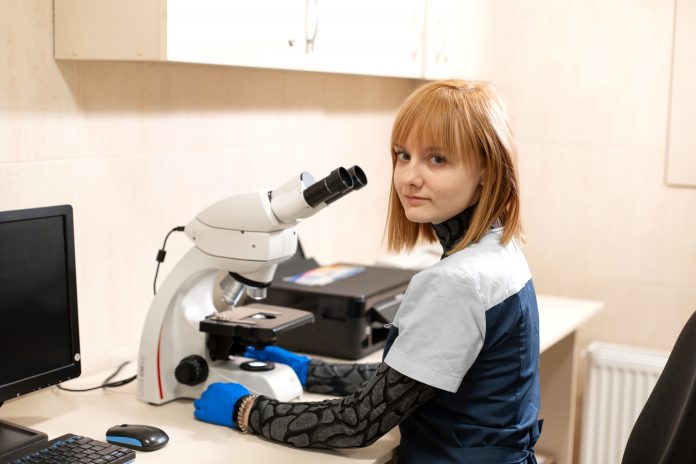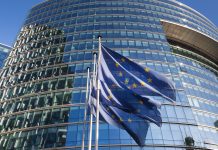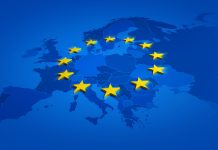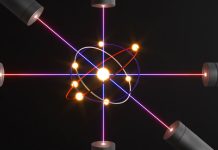Maud Evrard, Head of Policy Affairs at Science Europe, shares her views here on building a stronger European Research Area: We find out that performing excellent, ground-breaking research in Europe is a priority
The Lisbon Treaty describes the European Research Area (ERA) as a unified research area that is open to the world and based on the Internal Market. The ERA enables free circulation of researchers, scientific knowledge and technology. It also enhances the competitiveness of Europe and allows for the development of solutions to the global challenges that face us. Despite a common view of the goal and benefits of the ERA, the question of how to implement it has unfortunately been the subject of a longstanding debate. To bring together several of the key stakeholders in developing the ERA, Science Europe organises an annual High-Level Workshop on the topic.
Currently in its 11th year, this event offers a much-needed platform for science policy debates between decision-makers from Science Europe Member Organisations, national ministries for research and innovation and the European Commission. Science Europe sees this kind of engagement with key partners as one of its direct contributions to the strengthening of the ERA. However, wider commitment and engagement is needed to collectively build the ERA. “To help build a stronger and more effective ERA and shape the future of research, Science Europe advocates a better integration of the scientific community in policymaking.”
For future success, Science Europe calls for the uncompromising promotion of scientific excellence at the highest level and the development of the scientific capacity in all regions of the ERA. Both requirements should be pursued in a complementary approach and not be artificially combined.
They are the cornerstone for Europe’s leading role in global research and development and for a coherent and inclusive Europe. Furthermore, research collaboration has often been seen as a powerful tool to promote European values around the world. Today, in some parts of Europe, one of these values and a key component of the ERA – academic freedom – is no longer self-evident. This has grave consequences for scholars, science and society.
A well-functioning ERA must recognise the fundamental importance of academic freedom and institutional autonomy and it must strive to guarantee these to all scholars in the ERA and beyond. “To bring together several of the key stakeholders in developing the ERA, Science Europe organises an annual High-Level Workshop on the topic. Currently, in its 11th year, this event offers a much-needed platform for science policy debates between decision-makers from Science Europe Member Organisations, national ministries for research and innovation and the European Commission.”
Another challenge for the ERA, as also identified by the European Parliament, is the absence of clear, shared definitions regarding its very concept and related ones in the Framework Programmes for Research and Innovation, such as impact. Science Europe advocates using the value of research as a central concept to the ERA. Wider than impact, it recognises the intrinsic value of scientific research and its capacity to generate new knowledge. The value of research can take many forms and can be found everywhere: from technological breakthroughs and practical applications to intangible cultural value and education; from political, social, economic and environmental changes to intrinsic value that society attributes to knowledge itself.
To help build a stronger and more effective ERA and shape the future of research, Science Europe advocates a better integration of the scientific community in policymaking. Whether this involves promoting full and immediate access to research results, reviewing research assessment practices and their implications on researchers’ careers, securing adequate structures to support high-risk research, or ensuring the adoption of research-friendly legislation at the European Union level, Science Europe recognises that science policy developments can only yield tangible results when informed by consolidated advice from scientists. Science Europe, therefore, calls for their voice to be taken into account.
Science Europe is the association representing major public organisations that fund or perform excellent, ground-breaking research in Europe.











